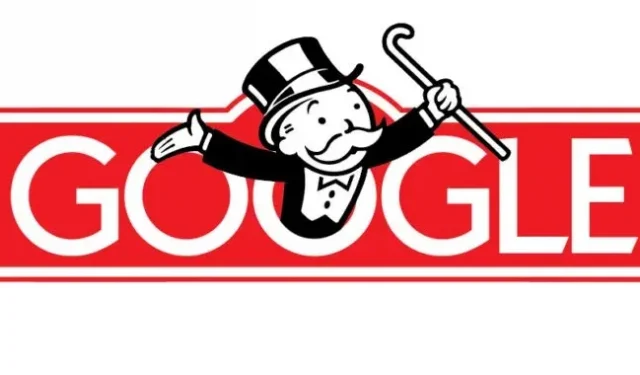Google sued for 2.1 billion euros for bad faith search placement

In the European Union, Google is being sued again over anti-competitive buying practices.
In 2017, the EU Commission ruled that Google’s preference for its own Google Shopping product in search results was illegal and imposed a record €2.4 billion fine on the company. The fine was upheld on appeal in 2021. Price comparison service PriceRunner is now suing Google for damage it says it has done to its business over the past 12 years. PriceRunner starts the lawsuit with 2.1 billion euros, but “as the violation is still ongoing, the amount of damages is increasing every day,”the company said in a statement. “We expect the ultimate damages for the lawsuit to be significantly higher.”
In a press release, PriceRunner CEO Mikael Lindahl said the company is suing Google for “the damage Google has done to us over the years.”But the company also sees the lawsuit “as a fight for consumers who have been hit hard by Google’s competition law violations over the past fourteen years and still are,”Lindahl wrote.
Google’s original shopping comparison product, first called Froogle and then renamed the more sterilized Google Product Search, existed from 2002 to 2012 as a useful organic representation of all the shopping products that Google’s crawler could find. Google closed the product in 2012 to launch Google Shopping, an advertising platform disguised as a product search. From 2012 to 2020, Google stopped crawling products on the web and only showed paid advertisements on the shopping site and at the top of Google search.
Changes made in April 2020, and now if you scroll down the Purchased page, you will see ad-free listings. But the listings only come from the data feeds of the participating sellers; they are not indexed, organic search results. Regardless of what was going on behind the scenes, Google was sticking these shopping results at the top of search results above any competitors, and the EU Commission ruled that this action was anti-competitive.
PriceRunner says Google’s artificial shopping lists are also hurting consumers:
Accounting firm Grant Thornton has found that the prices of offers shown on Google’s own shopping comparison service are 12 to 14 percent higher than on other services. In the most popular destinations, prices for clothes and shoes are 16-37 percent higher. It is estimated that European consumers are overpaying billions of dollars every year as a result of Google’s violations.
PriceRunner says it expects the battle to “take several years”and says it has “secured external funding believed to cover all legal costs”.
Leave a Reply